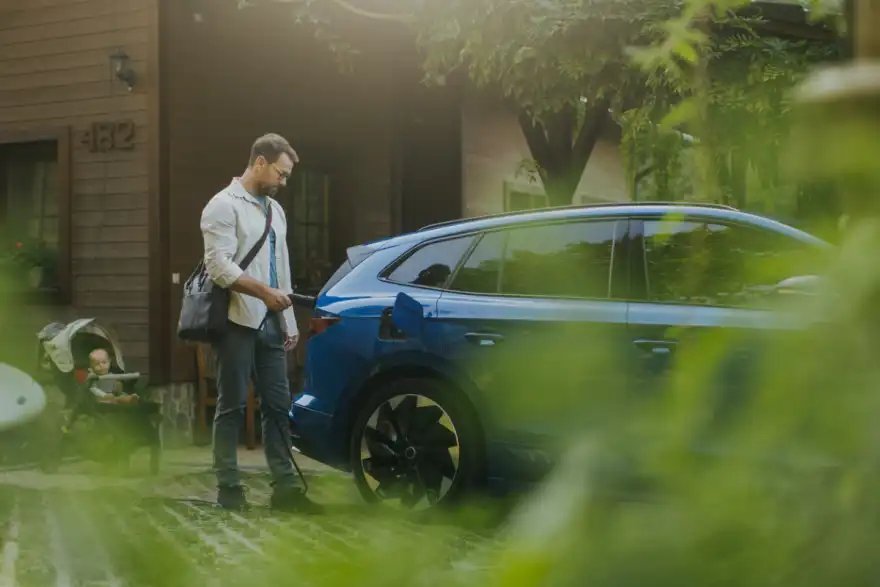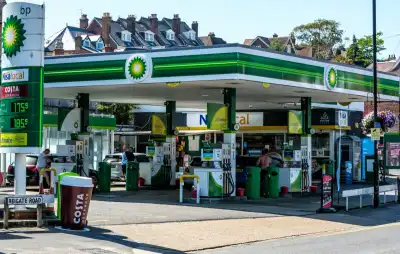
The UK government is considering changes to electric vehicle (EV) sales rules, as part of a "fast track" consultation, according to the BBC. Car manufacturers in the UK have been pushing for these changes, arguing that the current sales targets are too high given the slower-than-expected demand for EVs.
Business Secretary Jonathan Reynolds is expected to make an announcement about this at the Society of Motor Manufacturers and Traders’ annual dinner on Tuesday.
Right now, a percentage of cars and vans sold by manufacturers must be zero-emission. This year, 22% of car sales and 10% of van sales must meet this requirement. Companies that fall short face a £15,000 fine per non-compliant sale. However, there's flexibility in the system, allowing manufacturers to buy "credits" from companies that exceed their targets, like Tesla or BYD, which only produce electric vehicles.
Manufacturers say that EV demand hasn’t reached the levels predicted when these targets were set, and as a result, they are forced to either heavily discount new EVs or subsidise rivals who only make electric cars, none of which are based in the UK.
While EV sales have been rising — reaching nearly 25% of all car registrations in October — some insiders argue that these numbers are mainly due to unsustainable discounting. Last week, car companies met with Reynolds and Transport Secretary Louise Haigh, asking for more flexibility in the rules. Nissan, which manufactures EVs in Sunderland, said the current rules are harming the business case for UK car production and threatening jobs.
Ford also announced it would cut 800 jobs in the UK over the next three years, citing weaker EV demand as one of the reasons. Although the government remains committed to Labour’s target of ending sales of new petrol and diesel cars by 2030, it is open to revising some of the details of the mandate.
Options under consideration include allowing car and van sales credits to be exchanged, giving credit for British-made EVs sold abroad, or offering new incentives to encourage private buyers to choose EVs. However, the government insists that the 2030 target remains non-negotiable and that the overall annual sales quotas will not change. The goal is to find a compromise that the industry can support, without weakening the mandate.



